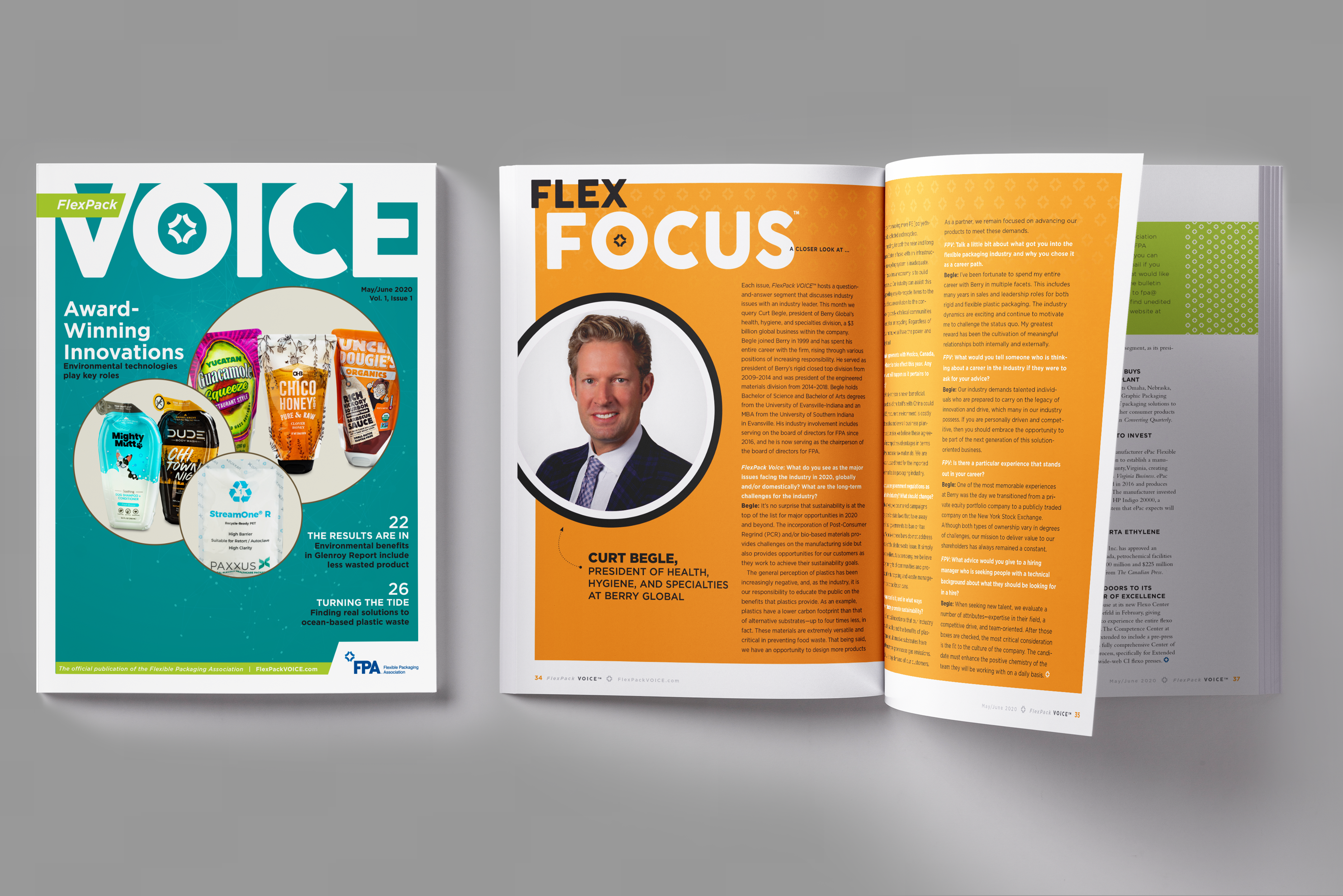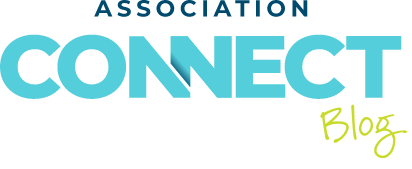Excellence by (Re)Design

By Deborah Burgess and Ashley Reid
Your association’s publication is kind of a big deal. Not only is it chock full of useful information for your members and industry at large, but it’s also quite possibly the only member benefit that is truly tangible—members can see it, flip through its pages, earmark it, highlight it, keep it on their coffee tables, share it with other colleagues—you get the idea.
With all this in mind, perhaps it is time to ask a very important question: When is the last time your magazine had a makeover? Five years? 10? Never?
As your association grows and evolves, so too should your publication. The value of your member magazine cannot be overstated, and neither can the importance of revisiting the content, look, and feel of the magazine to ensure it remains fresh, relevant, and eye-catching.
A rearchitecture and redesign are great ways to breathe new life into your publication and reengage your readership. There is no specific right time to do this, but you might consider association or publication anniversaries, website overhauls, new marketing campaign launches, rebranding or renaming of your association, mergers, or changes in leadership as excellent opportunities to explore this venture. Barring these events, it is our recommendation to evaluate the need for refreshing your publication every five years or so.
Defining a Rearchitecture and Redesign
A content rearchitecture and a publication redesign are not the same thing. To put it in the simplest terms possible, one is about the words, the other is about the visuals.
A rearchitecture means reworking the content of the magazine to maximize the reader’s experience. This can be achieved by:
- Reordering or reimagining current columns and departments to improve pacing and flow
- Adding new sections to the magazine that address topics that are top of mind in your industry and that will attract advertisers
- Removing content that readers do not find useful or engaging
- Coming up with exciting new section names and taglines that draw the reader in
- Revisiting or introducing strategic entry points for readers such as web callouts for more resources or further reading, boxes with links to social media channels, sidebars, pull quotes, etc.
A redesign, on the other hand, may include but is not limited to:
- A refresh of typography and establishment of a modern color palette
- Graphic design and visual recommendations that allow for visual variety and the projection of a distinctive and exciting personality that remains within your association’s brand guidelines.
- Image guidelines for illustration and photography that allow for more sophisticated and innovative use of existing and original imagery
- Additional elements such as treatment of page headers, headlines, bylines, body copy, pull quotes, charts and graphs, and photography
To have the greatest impact, doing a rearchitecture and redesign simultaneously is the way to go. A content rearchitecture and redesign will reengage current readers (and others who used to read it but have since dropped off), attract new ones, and entice advertisers. It is also a great opportunity to realign your publication with your brand. Sounds good, doesn’t it?
Let’s get started.
Lay the Groundwork
The best place to start this process is to survey your members, stakeholders, and current advertisers. At this juncture, it would be our recommendation to engage a publication expert to guide you in coming up with a list of questions about the content your members find to be most relevant, the content they could do without, their design likes and dislikes, and any other suggestions they may have. Your chosen partner can then aggregate and extrapolate the data most thoroughly and share their findings. You could take a more casual approach by posting in member message boards and social media channels, or by using resources such as SurveyMonkey or Google Forms. However, there is the potential for receiving less informed results if this is your chosen route.
Once this initial phase concludes, it would be a good idea to work with your publication expert to set a realistic launch date (e.g., the first issue of a new year or an issue that coincides with a big conference). From there, form a production schedule to map out the remaining steps of the process and stick to the prescribed deadlines to ensure a successful and well-timed launch.
Have a Conversation
Now that you have a schedule and tons of valuable information from your members and advertisers, it’s time to begin talking about the changes you would like to take place. Work with your publication expert—who by now should have vast working knowledge of your magazine by reviewing back issues and researching your industry—to brainstorm ways to enhance the content and improve readability by using all the knowledge you’ve gleaned, combined with their own publication expertise and editorial best practices.
This is also the time to share your own preferences regarding design. Send examples of other magazines to your publication expert to show them what you like and dislike. For example, serif or sans serif font? Lots of white space or not so much? Bold colors or more subdued? Photography or illustration? Share your brand guidelines and existing templates, as well, so your designer knows exactly what parameters they should work within.
Get to Work
If you’ve engaged a publication expert as we’ve advised, the next steps are more for them than for you. By now, they should have all the tools to first rearchitect, then redesign the publication (the content often informs design choices, so we suggest completing the steps in this order). During this process, make yourself available for any questions that may not have come up during the discovery phase.
Prepare to be Wowed
We can’t speak for all publication management companies, but YGS places great importance on getting it right and making your vision a reality. The next step is to hold formal presentations to showcase all the work that has been done to bring your refreshed publication to life. After the presentations of a new magazine architecture and design, we allow multiple opportunities for our association clients to provide feedback and revisions. Your vendor should place great value on your input, and you should endeavor to be honest and clear in all your feedback so the final product is exactly what you hoped it would be.
Build Excitement
There are myriad ways to generate hype around the launch of your new publication. Consider teasing the new look of the magazine with sneak-peek photos on your social media platforms. Have a grand unveiling of the new cover with a poster-size print at a conference. Send an eNewsletter out ahead of the first issue that explains the exciting changes you’ve made and the rationale behind them. Or, better yet, create a video with voiceover that showcases each new section of the magazine in a visually stimulating and engaging format. The possibilities are endless!
Your publication is a great member benefit. A rearchitecture and redesign are great ways to reinforce the value of that benefit and to show your readership that you are looking to meet their needs. If you’re ready to begin this journey, contact us. We would love to be your partner.
Deborah Burgess is senior art director and Ashley Reid is editor-in-chief at YGS.
Have an idea for an article? Let us know!
Receive the Association Connect newsletter
A proud company of The YGS Group | HQ: 3650 W. Market St., York, PA 17404
- Privacy
- YGS Association Solutions © 2026

